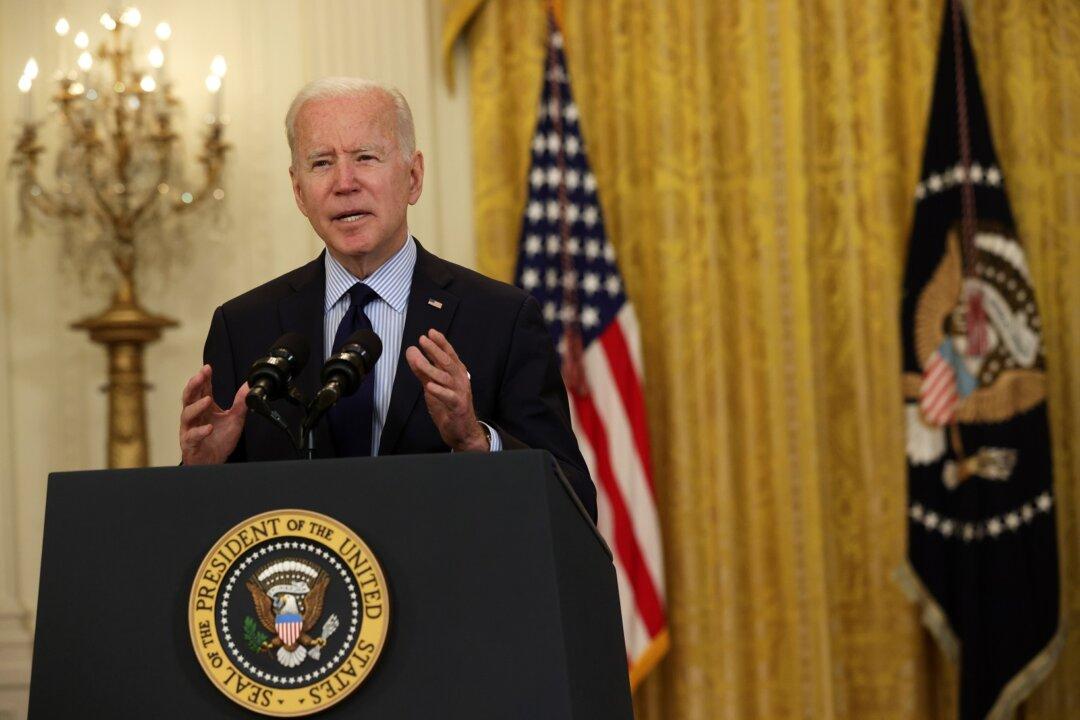Commentary
I take my title from Anthony Trollope’s great 1875 novel chronicling the activities of the rapacious swindler Augustus Melmotte and his coterie of grasping climbers and brittle ingenues.

I take my title from Anthony Trollope’s great 1875 novel chronicling the activities of the rapacious swindler Augustus Melmotte and his coterie of grasping climbers and brittle ingenues.